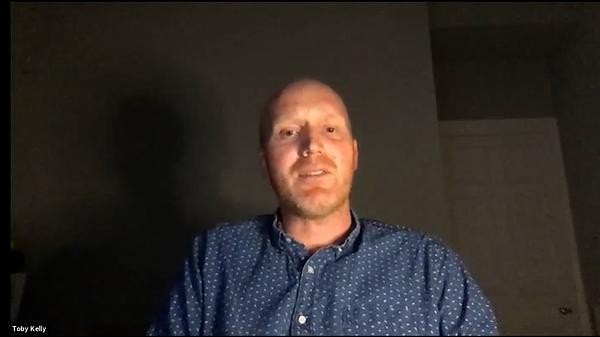Would you like to see your presentation here, made available to a global audience of researchers?
Add your own presentation or have us affordably record your next conference.
keywords:
cosmopolitanism
language ideologies
sociolinguistics
What counts as ‘true language’ and what ‘responsibilities’ such a language entails are intensely debated questions in the history of linguistic thought. In this roundtable, we explore this interface between language, epistemology and politics through the lens of conlangs • ‘constructed’, ‘artificial’ or ‘invented’ languages • among which Esperanto and Klingon are the best known. Since the late nineteenth century, conlangs have served to pin down truths and responsibilities at moments of political, economic and environmental crisis in capitalism, socialism, nationalism and colonialism. At numerous watershed moments, conlangs have been instrumentalized as maps and tools of political action, attesting and contributing to struggles over how to gain control over what counts as social reality • and therefore over who will determine it. There are two intertwined ways in which conlangs are linked to such struggles. One is in the search for the very essence or core of language itself (a project taken up in other ways, most prominently in academic linguistics). Here, the idea is that conlangs by nature may tell immanent truths masked by ‘natural’ languages corrupted by messy or devious speakers; or, conversely, that by virtue of being constructed, a conlang is inherently alienated from natural truth, or worse, inherently the source of lies. The other is in the consideration of conlangs as apt for articulating and sustaining visions of alternative worlds (Heller, 2017). Their social existence is often entwined with visions of coming amelioration, future redress or even utopian redemption. These visions have proven to be effective resources for political thought and action. For more than a century, conlangs have been placed in the service of various ideological projects, religious enterprises and ethical doctrines. The promise of conlangs to enact radical change continues to be asserted in contemporary science fiction, in the open-source software movement, and in fandom, role playing and gaming communities. In this roundtable, we offer a series of case studies to illuminate how practices of creating and using conlangs serve to formulate and enact visions of truth, responsibility, action and social change. Guilherme Fians analyzes alliances between Esperanto-speakers and hackers, built around a shared interest in the democratization of language and intellectual property. Courtney Handman examines the relationship between language invention and the invention of morality, discussing the subtle links between racism in colonial New Guinea and technophilia in contemporary US society. David Karlander explores the interfaces and exchanges between language innovation and academic linguistics. Brigid O’Keeffe reflects on debates on language diversity at the Communist International (Comintern) in the 1920s, during which Esperanto was dismissed as a ‘utopian luxury’. Sho Konishi explores the connections between Esperanto and anarchist science in Imperial Japan, discussing anarchists' support for the symbiosis of nature and culture and the evolutionary theories behind Esperantism. Christine Schreyer shows how Na'vi conlang learning has galvanized a commitment to ‘green ideals’ • epitomized in environmentalism and indigenous rights • in the Avatar fandom community. Monica Heller and David Karlander introduce and moderate the session.

